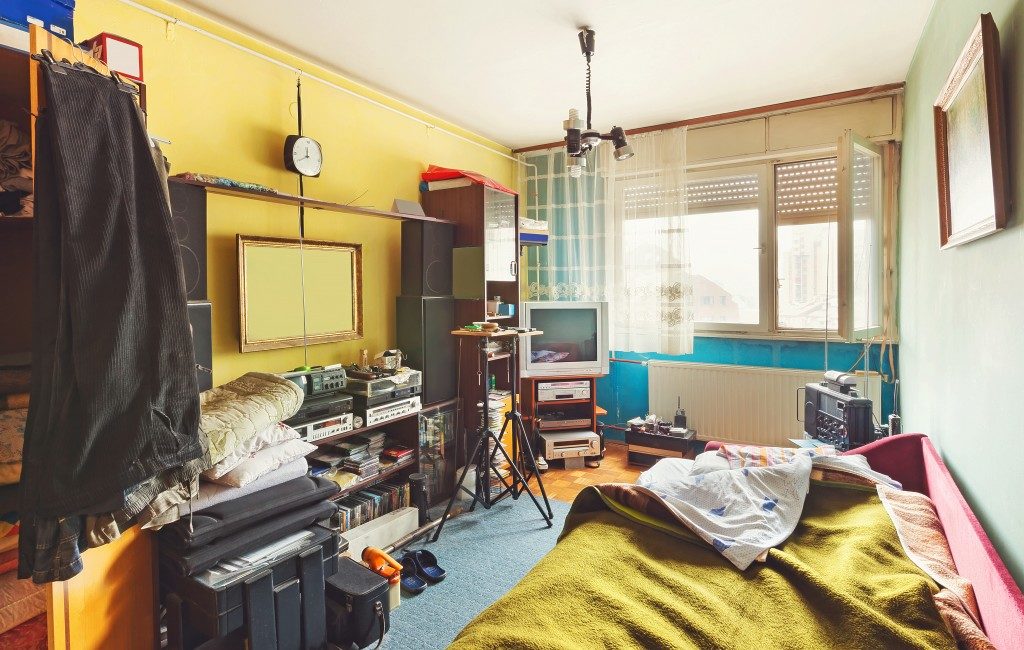Some people say introverts are more disorganized than extroverts. If you live in the Seattle area, you’re likely to meet extroverts who are as messy as the most disorganized introvert you know. The universe is made up of order and chaos, and it’s not that helpful to label someone as messy because his or her personality type is said to be more likely to thrive in clutter.
The constantly untidy room
A person who cannot keep a room tidy is not necessarily a candidate for a mental health evaluation. Some people are just too busy to clean on a daily basis, but if they have the time, they can restore order. For others, the stacks of books or magazines, as well as the growing heap of clothes, might be there because of the lack of storage or living space.
You must not judge a person by the level of chaos in their room or household when you visit and see the situation for yourself. Nevertheless, someone who is habitually messy might be trying to be more organized and failing miserably. If you know anyone who is chronically unkempt, littered, muddled and has high levels of anxiety, perhaps it is prudent to offer help.
Signs of Chronic Disorganization
Chronic disorganization is a topic of study that preoccupies some mental health professionals. The condition describes a state of chronic disorder that is already debilitating. Someone with chronic disorganization is trying to change the status but is failing miserably. This person may be making concrete efforts to be more organized but is mostly unsuccessful in turning things around. The level of disorganization in his or her daily experiences already has a significant impact on quality of life.

To be considered chronic, the state of the perennial disorder must already be present for a long span of time. A person may communicate or express feelings of hopelessness, discouragement, and failure. Some of the conditions considered as causes of chronic disorganization include depression, anxiety, ADHD, post-traumatic stress disorder, and traumatic brain injury. Hoarding disorder is also identified as a cause. However, some schools of thought consider hoarding as a separate condition altogether.
Digging oneself out of a messy pile
If someone in your family or perhaps a good friend shows signs of chronic disorganization, you must encourage them to seek help. The expectation of future disorganization is often the cause of continued despair. To address this and other issues, it is very important for a person to be assessed and diagnosed. From there, they may embark on a journey to full recovery with the help of a home organizing service provider, a life coach, mental health professionals, and other medical specialists, when relevant.
Some people are disorganized from habits or social influence. Others have a family history of messy rooms and untidy homes, while some become disorganized due to a situational trigger. Others are chronically disorganized and keep failing to improve despite their best efforts. Help is available to those who take the first step to full recovery.

